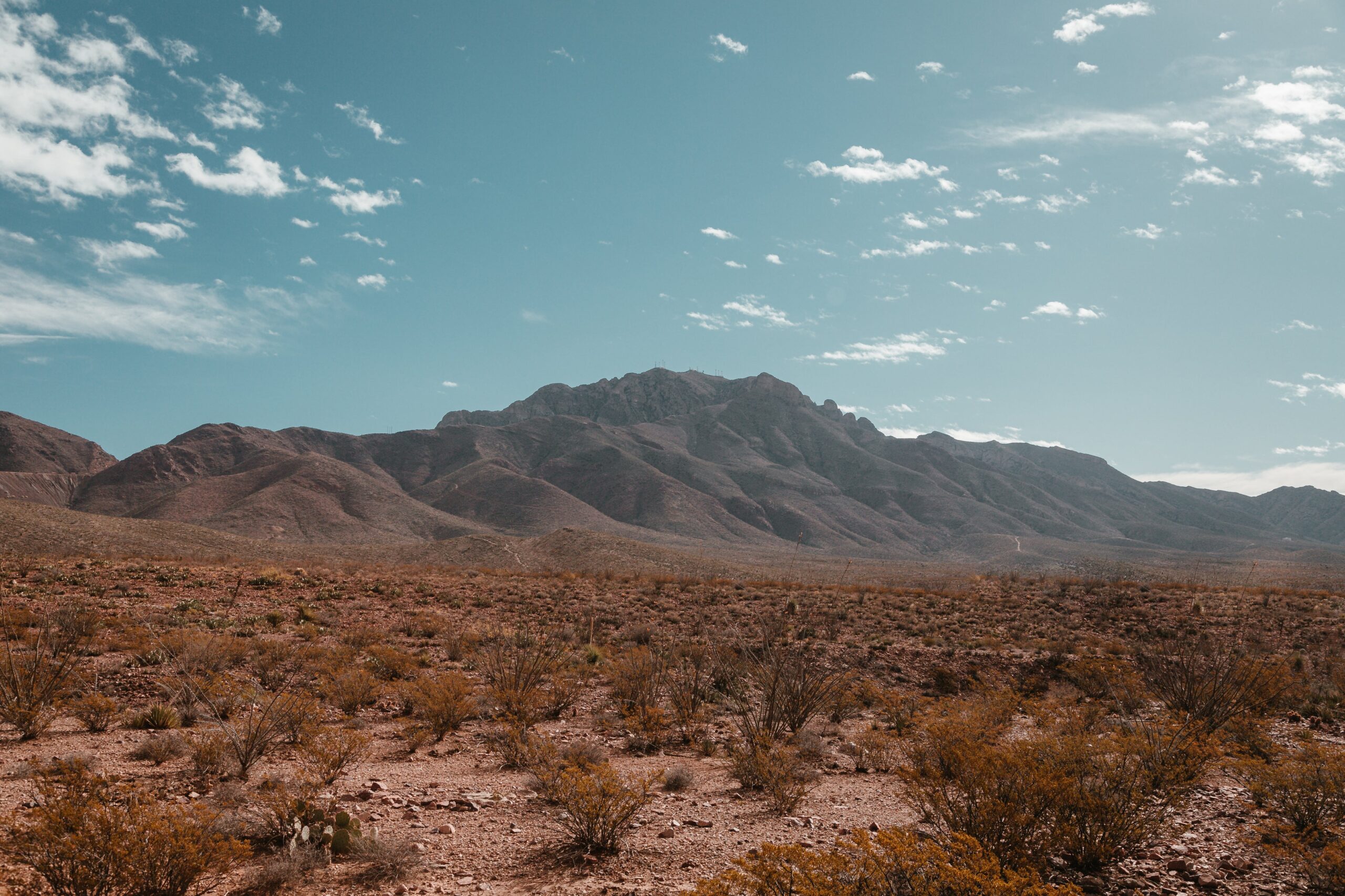In her book, Now and Not Yet, Ruth Chou Simons suggests that there is a significant difference between living through a season of life and living permanently in a wilderness. A season of pain or disappointment or personal unrest can be very difficult, but it is temporary. It only lasts for a discernable period of time.
When I have some medical test done that is scary or uncomfortable, I always ask the attendant how long it will take. My eyes get glued to the clock. I keep telling myself, “You can endure anything for 10 minutes or 20 minutes or whatever has a time limit…”
There are several Biblical examples too. When Israel was being led captive into Assyria, God made sure His people knew it was only going to last for a season (admittedly 70 years is a long season). In the middle of all David’s difficulties, God promised him “…weeping may stay for the night, but rejoicing comes in the morning” (Ps. 30:5).
The Lord clearly comes alongside those who are trudging through a difficult season. He promises to be near and dear. And He keeps His promises.
But consider the trauma of permanently living in a wilderness. The landscape rarely changes. A desert is a desert. A desert is filled with burning hot sand, and it never transforms itself into a snowy mountain. Not much grows in that environment. And although some would argue with me, from my perspective, a desert isn’t very pretty.
Truthfully, some of life’s traumas are rooted in a wilderness or desert. A paraplegic rarely regains uses of their limbs. Blindness is usually permanent. Health conditions like Parkinson’s disease or MS don’t just come and go. They come and stay. Permanent disability means you never get your job back. Death takes people away forever (until heaven of course).
So how can the believer navigate life in a perpetual desert? What does wilderness living look like from a biblical perspective? Where can we find hope in a permanently tough set of circumstances?
Consider Psalm 63 and note all the action words David uses to respond to his situation. He says he will seek the Lord, behold God, praise Him, life up his hands in worship, remember God, meditate on Him, sing for joy and cling to His savior.
A wilderness can be a permanent bummer, painful, challenging, discouraging and hopeless. But those hurtful realities can be tempered with an attitude change. And that change calls for some action.
So, if you find yourself in a dry and lonely land with no end in sight. Check out Psalm 63. Start using some terms that will help you remember that the Lord transcends our circumstances. His voice permeates our daily trials.
As “my soul clings to you, your right hand upholds me!” (Ps. 63:8).
P.S. Here’s a great book to take on your journey through the wilderness: Songs of Suffering by Joni Erickson Tada.


0 Comments